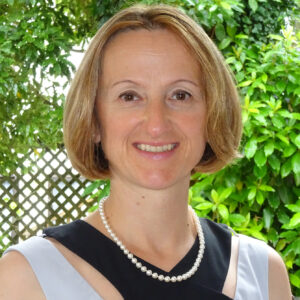
Adding a cultural lens: Māori and Pacific adolescents’ perceptions of active transport to school
Abstract Overview
Background: In Aotearoa/New Zealand, there is government directive and community support to focus on health equity in research and health promotion. Culturally responsive policies, and services are expected.
Purpose: This research describes Māori and Pacific adolescents’ perceptions of different modes of transport to school (walking, cycling, busing and being driven/driving).
Methods: This study analysed online survey data from 2,991 adolescents and focus groups data involving 13 Māori and 10 Pacific adolescents collected in Dunedin, New Zealand as part of the BEATS Research Programme between 2014-2022. Adolescents self-reported how they travelled to school and their perceptions of walking, cycling, busing and car travel to school. Perceptions of different ethnic groups were compared using binary logistic regression and ordinal regression to control for potential confounders. Thematic analysis of focus groups data was conducted by researchers with a Māori world view.
Results: Overwhelmingly, adolescents across all ethnic groups had similar perceptions of walking, cycling, busing and being driven/driving to school. Nuances for Māori and Pacific adolescents included attitudes (Māori) and logistical barriers for walking to school, convenience of being driven (Māori), safety concerns for busing to school (Pacific), adolescents’ (Māori) and parental (Pacific) preference for being driven/driving to school and driver’s license cost as a barrier.
Conclusions: A whole-of-population approach to policy would be sufficient when combined with good quality overarching cultural responsiveness imbedded to support equity for Māori and Pacific adolescents.
Practical implications: This research focused on describing rather than comparing perceptions between different ethnic groups through a deficit lens (which is commonplace) to enable considerations of equitable approaches to policy, and initiatives for active school travel.
Funding: Health Research Council of New Zealand (19/173; 14/565), National Heart Foundation of New Zealand (1602; 1615), Lottery Health Research Grant (Applic 341129), University of Otago (UORG 2014) and Dunedin City Council.
Additional Authors
Name: Erina Korohina
Affiliation: The Centre for Health, Tauranga, New Zealand
Presenting Author: no
Name: Kimberley King
Affiliation: Centre for Sustainability, University of Otago, Dunedin, New Zealand
Presenting Author: no
Name: Kaisa Kentala
Affiliation: Centre for Sustainability, University of Otago, Dunedin, New Zealand
Presenting Author: no
Name: Anna Rolleston
Affiliation: The Centre for Health, Tauranga, New Zealand
Presenting Author: no

